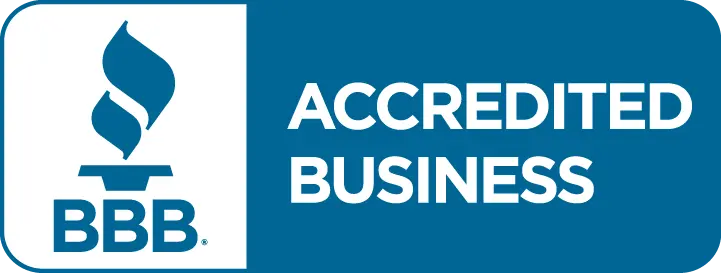Blog
Our blog offers important resources, helpful articles, and practical ideas on the human resources topics that matter to you.
Our blog offers important resources, helpful articles, and practical ideas on the human resources topics that matter to you.
Home / Media / Blog / Employee Travel – Do I Pay For That?
When business as usual involves reporting to the same location every day, employee travel isn’t a subject that may come up very often. When it does, whether it is a short trip a mile away or overnight travel, it raises questions.
Sending your employees anywhere offsite, no matter the distance or time spent, will incur expenses. In terms of tangible items purchased, or paid services, if you do not provide a corporate credit card, these will be out-of-pocket for your employees who travel. While some of these expenses may be tax-deductible for employees if their employers do not reimburse them, there are many limitations to what they can actually deduct at tax time. Keep in mind that some states, like California, require that companies reimburse all out-of-pocket expenses incurred while doing business (with reasonable limits) offsite. If employees are traveling on behalf of your company, a best practice is to simply reimburse them for what they have spent while doing so.
Some examples of common travel expenses are:
An accountable travel expense policy where employees submit actual expenses for reimbursement versus a flat “travel stipend” amount is recommended to avoid your employees having additional income added to their W2s.
There are limits. There is no law that requires you to pay for spa treatments, concert tickets, extravagant meals or other expenditures that occur during downtime on a business trip. A comprehensive Business Travel Policy will assist your employees’ understanding about what is and is not reimbursable. Non-reimbursable expenses may include:
Business travel policies should not only outline what is, and is not, reimbursable and how to submit expenses. If the company has a preferred hotel group, airline or travel agency that should be used, this information should also be included in a travel policy, as well as any documentation/explanation required for going outside of the preferred vendors. If there are different tiers of travel expenses allowed based on title and/or job level (i.e. executives may fly first class for long trips) these details should be listed in the policy as well and applied consistently.
As another best practice: Submitted expenses should have a quick turnaround for approvals and processing and be reimbursed in a reasonable amount of time.
Non-exempt employee travel is tricky as the wage rules vary by state.
From a Department of Labor (Federal) standpoint, compensable hours for non-exempt employees while traveling as a passenger (in a plane, bus, train, car, boat) are generally only those that fall during regular work hours. If the employee, on the other hand, is required to do the driving, this would be considered compensable time.
In California, however, all travel time (whether the employee is a passenger or active driver) is compensable less an employee’s regular commute time. Please note that actual in-the-air or on-the-road travel time can be paid at state or local minimum wage unless actual work is being performed during that time (i.e. an employee answers emails and/or works on a presentation while on a flight.)
Any meetings or required activities outside of work hours are generally considered compensable – state and federally – at local overtime rates.
Important to note: Even while offsite, any state or federal meal/ rest period and overtime rules still apply and non-exempt employees should carefully track their time while traveling. If employees travel out of state, check wage and hour laws for days spent at that location. More than likely those are the laws that should be followed.
As for shorter day trips – regular commuting, errands, travel to a local conference, it comes down to employer control and state law.
As travel is a sometimes necessary cost of doing business and remaining competitive in the market, developing a Business Travel Policy is essential to keep control of those costs and guide employees on how best to manage their travel plans and expenditures.
A close eye on wage and hour laws will also assist in ensuring your hourly employees who travel are paid appropriately as well. The following sites provide additional guidance: IRS & Mileage Rates; California Travel Wage Requirements; and Department of Labor Fact Sheet: Travel Pay.
Click the link to view the recent INFINITI HR blog: The Decline of Classroom Training or check back for more on human resources, payroll, insurance and benefits.
Join the INFINITI HR family! Subscribe to our newsletter and get the latest HR news and tips.
INFINITI HR helps companies reduce costs by managing human resource functions while allowing businesses to focus on their core operations that impact profitability. Our platform provides full regulatory compliance management, on-demand HR guidance, real-time payroll /tax filing, POS integration and access into industry leading True-Group master policies for workers’ compensation, employment practices liability insurance, and other operational business coverages.
Toll free: 866-552-6360






